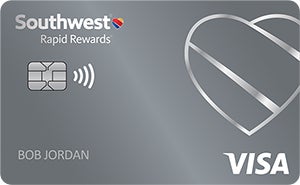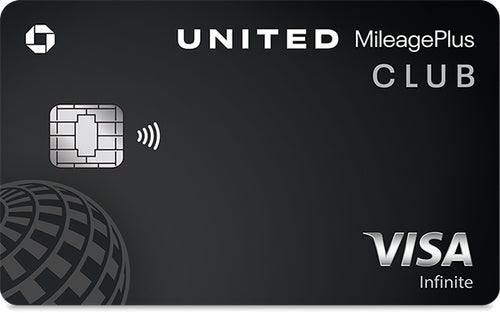
Airline Credit Cards - Reviews
An airline rewards card may seem like a no-brainer if you are a loyal customer of a particular airline, but frequent travelers of all stripes can reap great benefits from these cards. Airline cards come with some of the most generous sign-up bonuses in the rewards card industry, as well as very valuable perks such as free checked bags and discounted companion fares. The free airfare earned and the savings on travel expenses can easily outmatch the cost of a yearly membership fee.
We’ve reviewed and rated airline cards from our partners based on their value and utility. We calculate and compare the value of sign-up bonuses and rewards miles. We also consider how easy it is to redeem those miles, and the overall coverage that the airline offers, to help you select an airline card that takes you where you really want to go.
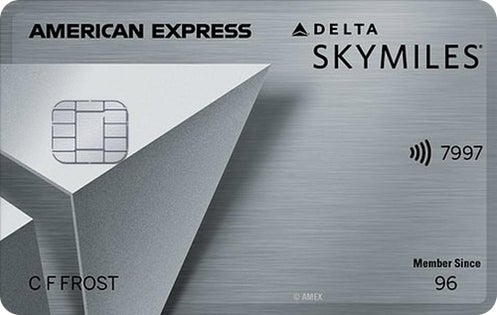
Delta SkyMiles® Platinum American Express Card
Last reviewed: January 29, 2026
High-rolling customers of Delta Airlines will be well-served by the Delta SkyMiles Platinum American Express Card elite benefits, though the card is probably beyond the means of most cardholders.
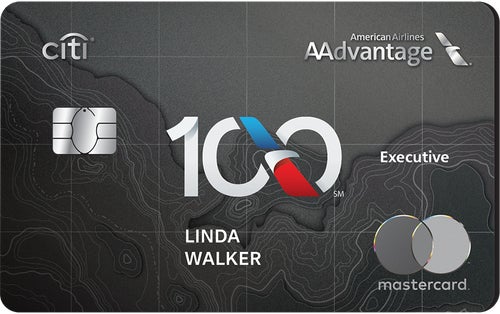
Citi® / AAdvantage® Executive World Elite Mastercard®
Last reviewed: February 5, 2026
This card offers a host of great airline benefits and a decent sign-up bonus, but its high bonus spending requirement make it less appealing for modest spenders.
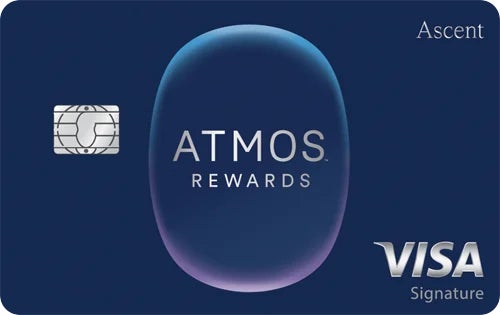
Atmos™ Rewards Ascent Visa Signature® credit card
Last reviewed: January 14, 2026
A good deal for budget-conscious West Coast residents who frequently fly with the Alaska Air Group, the Atmos Rewards Ascent Visa Signature card pairs a generous sign-up bonus and valuable rewards program with one of the lowest APRs available on a travel card.
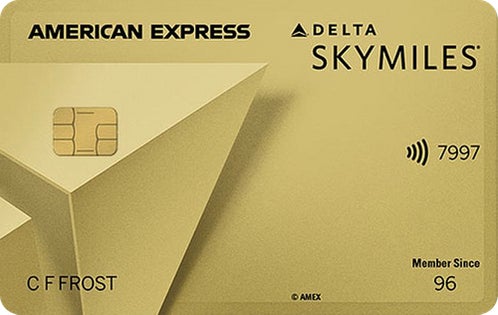
Delta SkyMiles® Gold American Express Card
Last reviewed: January 29, 2026
This card’s miles are worth more than the average credit card, making this airline card’s rewards program an attractive choice for cardholders who want to earn a free flight on a major carrier quickly.
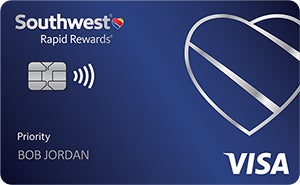
Southwest Rapid Rewards® Priority Credit Card
Last reviewed: December 16, 2025
It lacks the heft of most elite airline cards, but for loyal Southwest flyers, this card offers enough value to justify its higher fee.
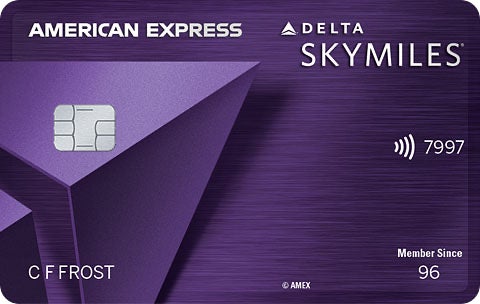
Delta SkyMiles® Reserve American Express Card
Last reviewed: February 5, 2026
While its list of luxury perks is relatively short, the Delta SkyMiles Reserve American Express Card should offer great value to frequent travelers thanks to its impressive rewards rate on Delta flights.
